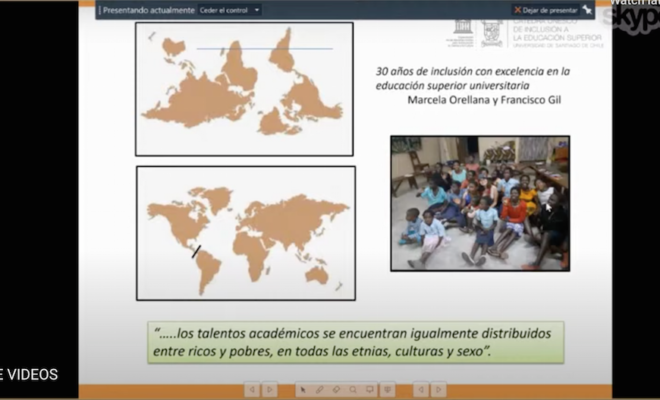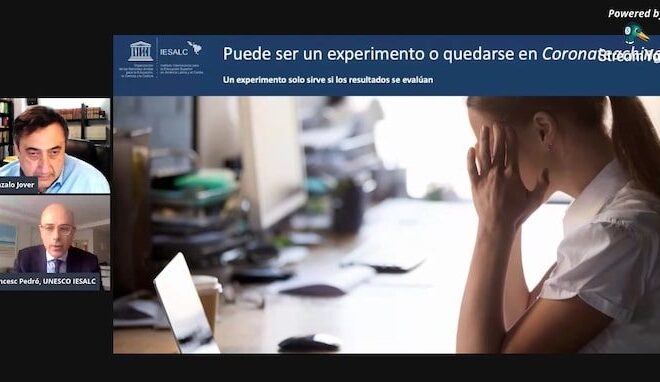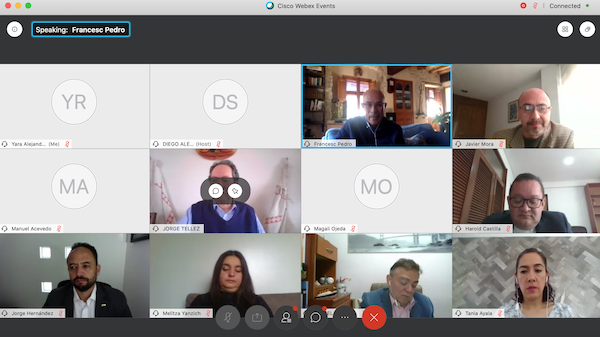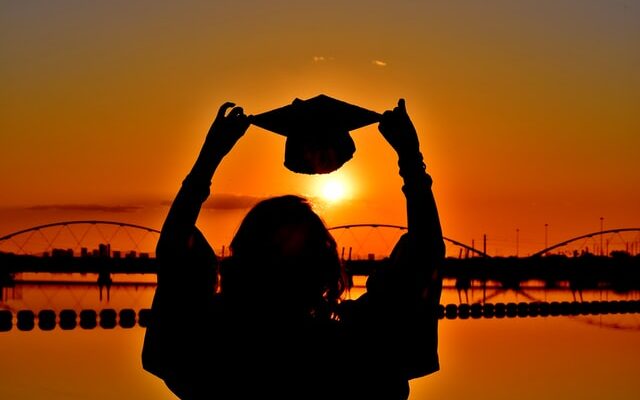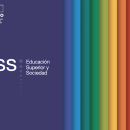Futures Week 2020: Debate, Reflection and Construction of futures
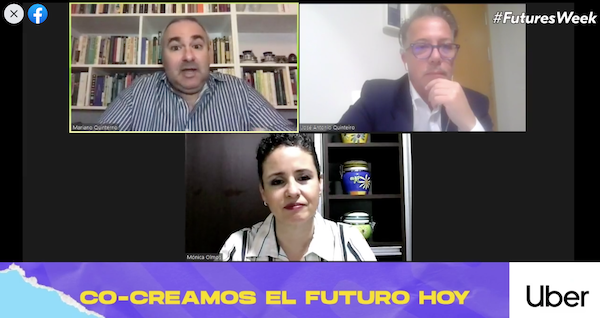
Within the framework of Futures Week 2020 – a platform dedicated to debate, reflection and construction of futures – a sprint of presentations took place by Mariano Quinterno, Specialist Consultant in Education at Pearson Education, and José Antonio Quinteiro, Program Coordinator of the UNESCO International Institute for Higher Education in Latin America and the Caribbean (IESALC).
Both speakers presented their prospects for the future related to Education. Mariano Quinterno explained the trends that mark the school education of the future under the title “The Altered School”, while José Antonio Quinteiro emphasized the challenges and opportunities to achieve gender parity in that prospective vision of Education, specifically in higher education.
José Antonio Quintero pointed out that the fundamental vector of democratic societies, whose premise is to defend and protect Human Rights, is to prioritize the implementation of the philosophy of inclusion in educational processes under the general guiding principle of Inclusive Education. In this sense, speaking about inclusive education in the field of higher education is to do it under the perspective of Higher Education for All.
Despite the fact that Latin America and the Caribbean register the phenomenon of the “feminization of enrollment”, the careers of Science, Technology, Engineering and Mathematics (STEM by its acronym in English) continue to show a substantially lower rate of female graduates in comparison with male graduates. This gender disparity in STEM graduation rates is also reflected in countries with more gender equality, 35% and 36% for England and the United States of America, respectively.
“The advances reported by our universities in terms of gender parity in access and representation in the teaching body are dull given the few advances that the gender perspective has in its processes and spaces,” said José Antonio Quinteiro. “Thus, only 18% of the universities in the Region have women as rectors, and that the visibility of women in scientific research continues to be low.”
The objective of Future Weeks is to encourage Bolivian youth to have a leading role in the construction and transformation of friendly and sustainable cities by the year 2030.
Watch the full webinar on Future Weeks Facebook.
RELATED ITEMS

